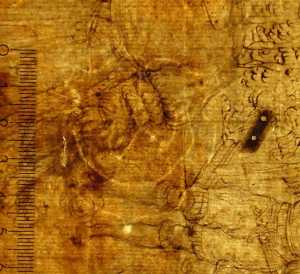Specifications
| Title | Herod's Feast and the Beheading of St John the Baptist in the Background |
|---|---|
| Material and technique | Black chalk, pen and brush and two shades of brown ink, brown wash, framing lines in black chalk, partially cut off and partially laid down |
| Object type |
Drawing
> Two-dimensional object
> Art object
|
| Location | This object is in storage |
| Dimensions |
Height 239 mm Width 415 mm |
|---|---|
| Artists |
Draughtsman:
Anoniem
Studio: Frans Francken (I) |
| Accession number | MB 1708 (PK) |
| Credits | From the estate of F.J.O. Boijmans, 1847 |
| Department | Drawings & Prints |
| Acquisition date | 1847 |
| Creation date | in 1610 |
| Signature | '1610' dated (above the tower gate, in pen and brown ink) |
| Watermark | Postal horn in a shield (48x45mm, on P4-5 from below, just below the centre, PP27/26/26mm; vV, 9P, fine, cropped folio) similar to Heawood 2643-2645 (doc. Antwerp 1603-1606) and to Briquet 7862 (Probably French, documented in Brabant 1593) ). The same type of watermark, but smaller (31x31mm), is found in a drawing by Paul Bril in the museum’s collection (inv. no. N 51), dated 1608, and in an anonymous drawing (inv. no. N 108, a cropped plano sheet). [AE] [for image click thumbnail above the 'zoom in' option] |
| Inscriptions | 'Francken Franck' (at lower left, in pencil) |
| Collector | Collector / F.J.O. Boijmans |
| Mark | Museum Boymans (L.1857) |
| Provenance | F.J.O. Boijmans (1767-1847), Utrecht; bequeathed to the City of Rotterdam, 1847; on permanent loan to the museum since 1849 |
| Exhibitions | none |
| Research |
Show research Netherlandish Drawings of the Fifteenth and Sixteenth Centuries |
| Literature | cat. 1852, no. 297; cat. 1869, no. 167 (in both as Frans Francken de Jongere) |
| Material | |
| Object | |
| Technique |
Brown wash
> Washing
> Wash
> Drawing technique
> Technique
> Material and technique
Double
> Doubled
> Adding and binding materials
> General technique
> Technique
> Material and technique
Double
> Doubled
> Adding and binding materials
> General technique
> Technique
> Material and technique
|
| Geographical origin | Southern Netherlands > The Netherlands > Western Europe > Europe |

























